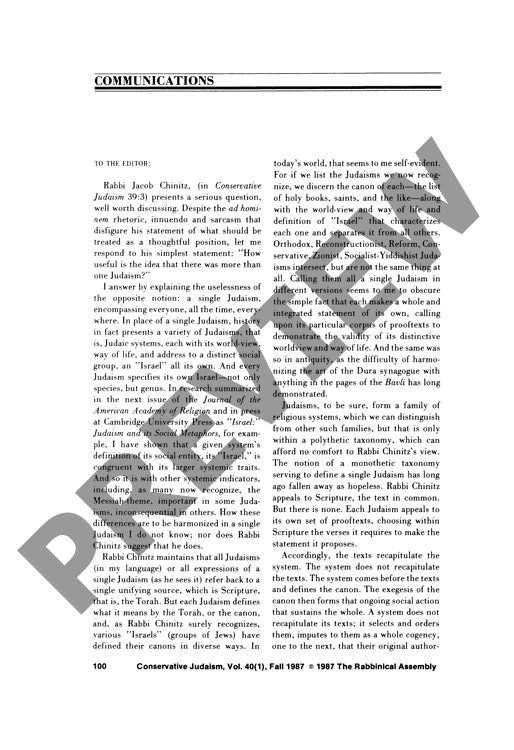Communications
Couldn't load pickup availability
Judaism exists not as a single unified tradition but as multiple distinct religious systems, each with its own canonical texts, worldview, practices, and conception of "Israel" as a social entity. Through comparative religious analysis examining Orthodox, Reconstructionist, Reform, Conservative, Zionist, and Socialist-Yiddishist traditions, clear patterns emerge of how different Jewish communities selectively interpret and prioritize texts to create distinct theological frameworks. Rather than texts determining religious systems, each system actively shapes its canon to validate its particular theological and social orientation. These distinct Judaisms function analogously to different languages, with coherent interpretive communities developing their own religious vocabularies and meanings. While the dual Torah tradition claims singular authenticity, historical evidence reveals a polythetic reality where multiple valid expressions of Judaism coexist. This methodological reframing moves beyond attempts at monothetic taxonomy to better capture how Jewish religious expression has manifested diversely across time and geography, providing a more nuanced and accurate understanding of Judaism's inherent multiplicity.

More Information
-
Physical Description
-
Publication Information
Published 1987
ISBN
-
Publication Credits

